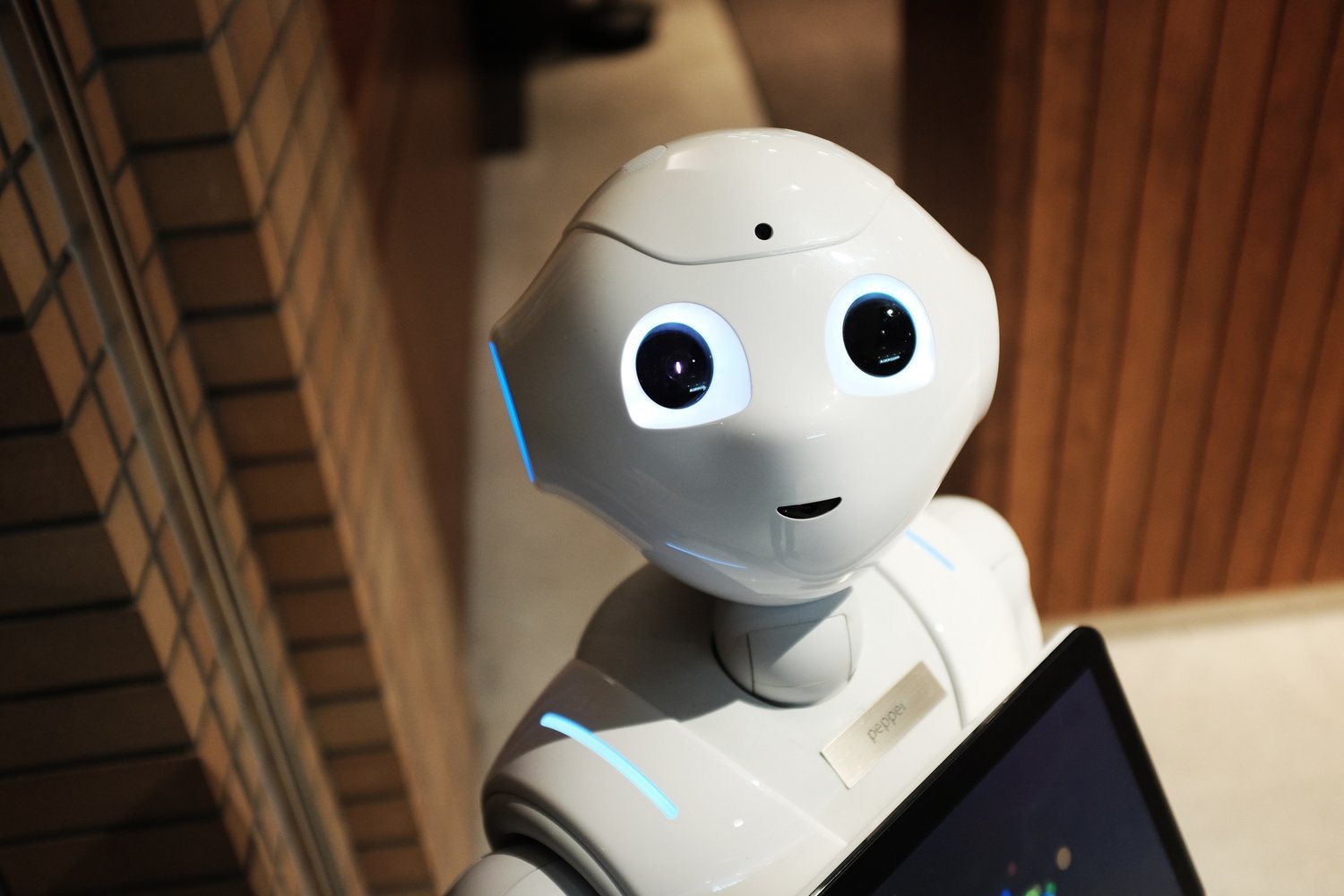The Impact of AI in Society: A High School Student's Perspective
Curious about the role AI plays in society today, and what impact it may have in the future? Read on to find out!
Image courtesy of Pexels
What is AI?
AI stands for Artificial Intelligence, and is defined as the use of computer programs to do tasks that would normally require human intelligence. Some AI applications would include speech recognition, decision-making, and word translation. Little do we know of the impact of AI in society and our everyday life.
However, there are limits. While AI and the algorithms involved are designed to adapt and grow from their surroundings, they are, at the end of the day, designed by humans. No matter how hard people try, artificial intelligence won’t be able to understand some facets of thought and decision making, like human feelings.
SUBFIELDS OF AI
AI encompasses many subfields as well: machine learning, deep learning, cognitive computing, and computer vision, to name a few. In machine learning, programmers use neural networks to uncover insights from a group of data, without being programmed for what to actually look for/conclude. Deep learning utilizes bigger neural networks with multiple layers (huge!) to process large amounts of data for patterns. Technically, deep learning is a type of machine learning, just bigger! Cognitive computing tries to create programs that imitate human interactions. Finally, computer vision is used to understand a picture or video using pattern recognition and deep learning.
The Impact of AI on Society
AI IN YOUR PHONE
You may not believe it, but the impact of AI in society can be seen in our everyday life. Two common applications that phone-users are quite used to are facial and voice recognition. Just swiping up to unlock your phone and a simple “Hey Siri!” is a complex AI program waiting to help.
AI IN YOUR CAR
In addition, self-driving cars utilize AI to help them react accordingly to their surroundings with machine learning and pattern recognition (things like stop signs, traffic lights, and people are good indicators for commands).
AI IN ONLINE SHOPPING
Many websites and brands also use AI. Online stores often use algorithms to make your shopping experience better. They’ll often use your preferences to try and predict the products you might be most interested in buying. Oftentimes, they’ll put them in a separate row just for easy access.
AI IN STREAMING SERVICES
Streaming services like Netflix and Hulu do similar actions with shows and movies by looking at your watch history and preferences (that you might set up in the beginning).
AI IN CUSTOMER SERVICE
In addition, many websites implement chat bots so customers can ask questions. This way, companies won’t need to hire an actual person to sit and constantly answer customer inquiries. These chatbots can also learn and adapt from customer responses to produce a different output. Chatbots can give a human-like interaction to online shoppers that they would get in the actual store.
AI IN SCHOOL
Schools also utilize AI in many English classes. Things like plagiarism checkers and citation finders are AI programs that help teachers and students make their papers better. These applications read all the words used and check it with other resources in their database, all in the blink of an eye. These educational tools allow people to check for spelling and grammar among other things very easily.
The Future of AI in Society
The impact of AI in society today is just the beginning. For the future, programmers and researchers are working on making AI technology more efficient and productive.
While there are many concerns that the robots will take over the industry, leaving people unemployed, there are a multitude of fields and jobs that are far from being automated. Healthcare professionals and teachers won’t be replaced, because their work forces them to directly interact with other people, something that AI technology might never master.
As AI transforms the world, people are forced to keep up with the times. It might just be a good idea to learn more about technology, just to be prepared if the robots really do take over!
Sources:
https://www.wgu.edu/blog/what-ai-technology-how-used2003.html#openSubscriberModal
https://www.lucidpix.com/10-examples-of-artificial-intelligence-in-our-everyday-lives/#:~:text=Smart%20Assistants,list%20or%20calling%20a%20friend.
https://builtin.com/artificial-intelligence/artificial-intelligence-future"

